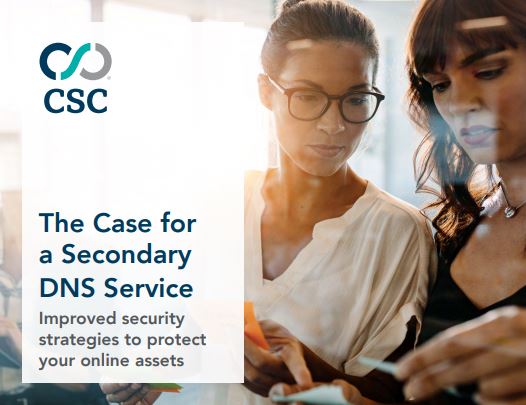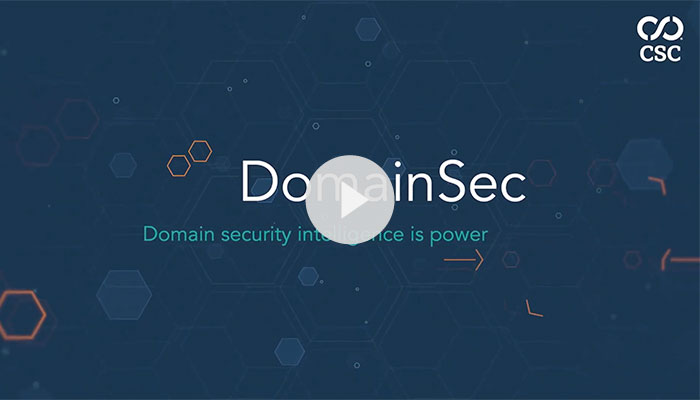THE CASE FOR A SECONDARY DNS SERVICE
Enterprise security was previously focused on protecting the online perimeter (i.e., the network border). Blocking malware and bad agents from entering the network meant protecting your data and your business.
But cyber criminals are adaptive—and once we closed that door, they found an open window. So we have to adapt too.

If you're maintaining your own domain name system (DNS), then increasingly you'll need to implement a secondary DNS solution to provide your business with the redundancy it requires to maintain its online presence.
Read our latest guide about using secondary DNS service to keep your infrastructure safe from cyber criminals.
DOWNLOAD THIS RESOURCE
*Required
ADDITIONAL RESOURCES
WEBINAR

DNS Hijacking: Security Learnings from the Latest Incidents
Waves of DNS hijacking affecting government and telecommunications domains, as well as internet infrastructure entities across the globe, has resulted in increased efforts—even emergency directives—to protect domains from further attacks.
The U.S. Department of Homeland Security (DHS) has quickly implemented new procedures to further protect federal domains. And other governments—including the U.K. and France—are following suit.
In this recorded webinar, CSC global product director of Security Services, Mark Flegg, discusses recent events, learnings gained, the most relevant developments around digital asset security, and how it all impacts your company in the fight against cyber threats.
WEBINAR

DNS Hijacking: Recent Events and Recommendations
Businesses have invested in security solutions at an exponential rate to protect their organizations from cyber threats. Yet, many companies remain exposed to what security experts are now referring to as critically important security blind spots.
IN THE NEWS

DNS, Domain Names, and Certificates: The Missing Links in Most Cyber Security Risk Postures
Do you know who your domain name registrar is (the domain name management company that holds the keys to the kingdom)?
What do you know about your domain name registrar's controls, security, policies and processes?

